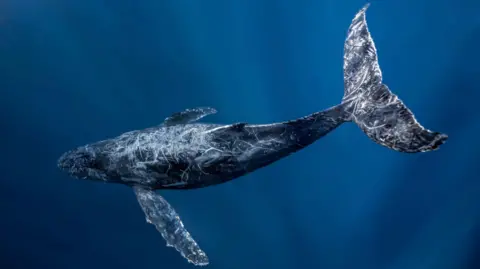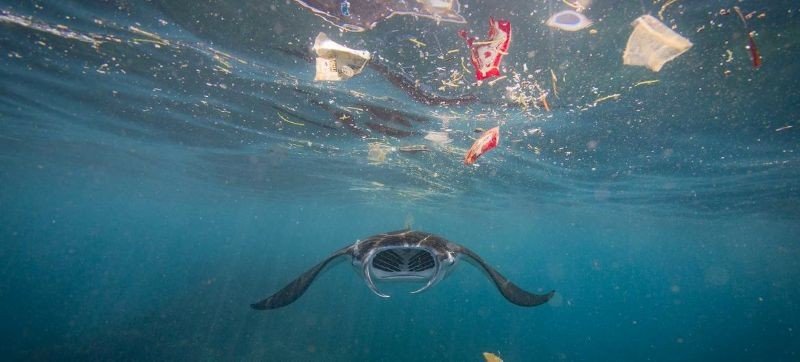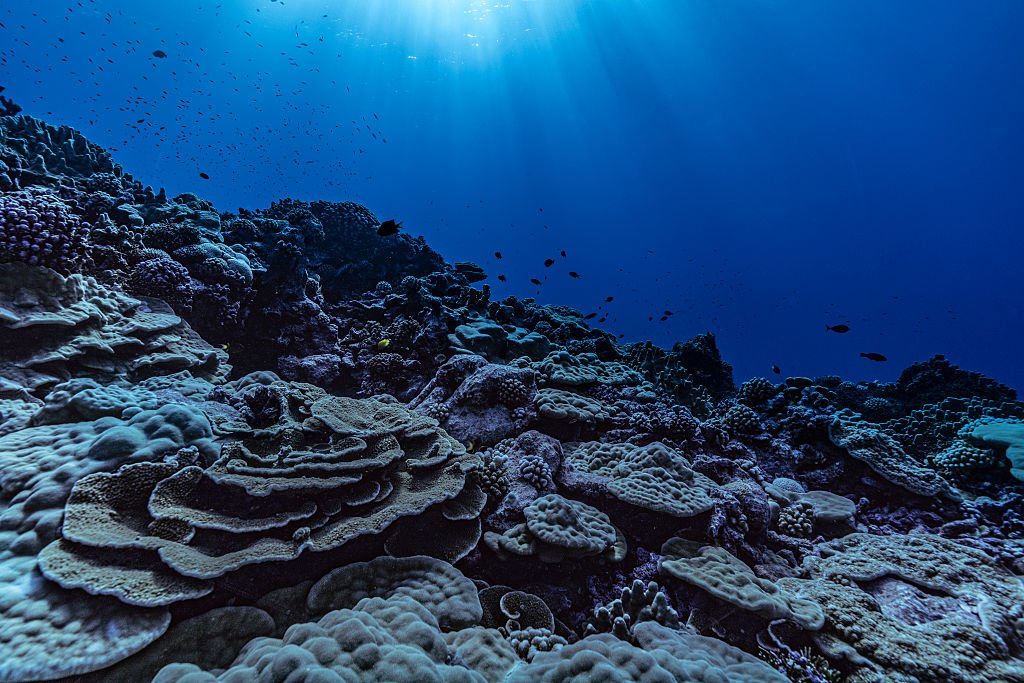Deep Sea Mining Risks: A Global Battleground Emerges
The world’s oceans, long considered vast and mysterious, are now under increasing threat from an emerging frontier — deep sea mining. In a UN deep sea warning, Secretary-General António Guterres cautioned that the ocean floor must not become a lawless, profit-driven “Wild West.” His statement comes amid rising global concerns about unregulated extraction of precious metals from the seabed, especially in international waters.

This growing interest in seabed mining has triggered a fierce debate. While proponents argue that these mineral-rich regions could power the future of green technologies, environmentalists and marine scientists warn that the ecological cost could be devastating and irreversible.
UN Deep Sea Warning: Protecting Our Shared Oceans
At the United Nations Oceans Conference held in Nice, France, Secretary-General António Guterres issued a strong UN deep sea warning, making it abundantly clear that the world must not sacrifice oceanic health for economic gain. He emphasized the need to regulate and, where necessary, halt deep sea mining until adequate research is done to understand its environmental impact.
“The deep sea cannot become the Wild West,” Guterres said during his opening address.

Joining the UN chief in his concern was French President Emmanuel Macron, who made a compelling call to the international community to treat the oceans as a global common good. “The ocean is not for sale,” Macron said. “It is madness to launch predatory economic action that will destroy biodiversity and disrupt the seabed.”
Understanding Deep Sea Mining Amid UN Concerns
Deep sea mining refers to the process of retrieving mineral resources from the ocean floor, particularly from areas beyond national jurisdictions. These areas, known as the high seas, contain polymetallic nodules rich in cobalt, manganese, nickel, and rare earth elements.
Targeted Areas:
- Abyssal plains (for polymetallic nodules)
- Hydrothermal vents (for sulfide deposits)
- Seamounts (for cobalt-rich crusts)
The lure of these precious resources has intensified as demand grows for batteries, solar panels, and other components essential to the clean energy transition. But the technological and ecological risks associated with mining these deep-sea areas are still largely unknown.
Environmental Concerns Behind the UN Deep Sea Warning
1. Biodiversity Destruction
Deep sea ecosystems are some of the most fragile on Earth. Scientists warn that disrupting these environments can destroy species that are yet to be discovered, many of which may never recover.
2. Irreversible Damage
Unlike terrestrial ecosystems, the deep sea recovers at an extraordinarily slow pace. Any mining activities could take centuries—or even millennia—to heal.
3. Impact on Global Carbon Storage
Seabed ecosystems play a crucial role in carbon sequestration. Disrupting them could potentially accelerate climate change by releasing stored carbon.
4. Noise and Light Pollution
Mining machinery generates intense light and low-frequency noise, both of which interfere with the natural behavior of marine life, including whales and deep-sea fish.
Global Scientists Call for Moratorium on Deep Sea Mining
Ahead of the UN conference, over 2,000 marine scientists and ocean experts gathered to analyze the latest data on ocean health. Their conclusion was unanimous: a halt on deep sea mining is necessary until further research clarifies its impact.

The scientific recommendation includes:
- Imposing a moratorium on deep sea exploration for mining purposes.
- Investing in long-term ecological studies.
- Expanding international collaboration on ocean protection.
More than 30 nations have expressed support for this precautionary approach. However, major political players like the United States remain outliers in the debate, with former President Trump having issued permits for exploratory mining activities in international waters.
Treaty to Safeguard the High Seas Amid UN Deep Sea Warning
One of the primary goals of the UN Oceans Conference was to get at least 60 countries to ratify the High Seas Treaty, an international agreement designed to place 30% of the world’s international waters under protected status by 2030.
Key Objectives of the Treaty:
- Establish Marine Protected Areas (MPAs).
- Regulate fishing practices.
- Enforce environmental impact assessments before allowing economic activities.
- Improve monitoring and compliance mechanisms.
To date, 47 countries have ratified the treaty. French President Macron announced during the conference that 15 more countries had joined since the last session. However, without universal participation, the treaty’s enforcement remains weak.
UK’s Delayed Commitment Amid UN Deep Sea Warning on Ocean Protection
While the UK has expressed support for sustainable ocean policies, it has yet to ratify the High Seas Treaty. On a positive note, it announced intentions to extend a ban on bottom trawling across MPAs in England.
Bottom trawling is a controversial fishing practice where heavy nets are dragged across the ocean floor, disrupting marine habitats and killing unintended species, including endangered ones. Environmentalists, including Sir David Attenborough, have urged that the treaty include explicit bans on such destructive methods.
UN Deep Sea Warning Reveals Political Roadblocks to Ocean Protection
The divide between economic ambitions and environmental stewardship is stark. Countries with strong technological capabilities see the deep sea as the next economic frontier. Meanwhile, nations that prioritize biodiversity and indigenous marine rights are advocating for a more cautious approach.
Challenges to Policy Implementation:
- Lack of binding enforcement.
- Conflicting interests between developed and developing nations.
- Corporate lobbying from mining and tech industries.
- Limited access to data on deep sea ecosystems.
Global Civil Society Responds to UN Deep Sea Warning
Beyond governments, civil society and environmental NGOs are playing a vital role in pushing for stronger protections. Global campaigns, documentaries, and grassroots initiatives are raising public awareness about the irreversible dangers of deep sea mining.
Notable Initiatives:
- #DefendTheDeep: A global campaign calling for a global ban on seabed mining.
- Ocean Rebellion: A direct action group using performance art to protest ocean exploitation.
- Deep Sea Conservation Coalition (DSCC): A network of over 100 organizations advocating for a moratorium on mining.
Indigenous Perspectives on Ocean Stewardship
Many coastal and island communities hold the ocean as sacred, and their traditional knowledge can play a crucial role in conservation. These communities emphasize the interconnectedness of life and warn that industrial activities in the deep sea go against the spirit of ecological balance.

Their participation in international policymaking remains limited but increasingly vocal, demanding that any future ocean treaty includes indigenous rights and perspectives.
Technology and the Race for Critical Minerals
The shift to renewable energy and electric vehicles has created a booming demand for minerals like cobalt and lithium. Companies argue that deep sea mining can reduce dependency on land-based sources, which often involve human rights violations and environmental degradation.
However, critics argue that:
- Sustainable recycling and innovation should be prioritized.
- Terrestrial reforms in mining governance must precede expansion to the ocean.
- Extraction should not occur without a clear understanding of long-term impacts.
The Path Forward: Sustainable Oceans for All
Policy Recommendations:
- Immediate moratorium on deep sea mining until comprehensive research is complete.
- Full ratification and enforcement of the High Seas Treaty by all UN member states.
- Ban destructive fishing practices like bottom trawling in all MPAs.
- Include indigenous and local communities in ocean governance.
- Promote technological alternatives to mining, such as battery recycling.
A Defining Moment for Ocean Protection
The UN warning on deep sea mining is more than a diplomatic statement—it’s a call to action for humanity to rethink how we treat our oceans. With climate change accelerating and biodiversity under threat, the decisions we make today will shape the health of the planet for generations.
Let us not allow the last unexplored frontier to become a casualty of unchecked greed. The deep sea must remain a sanctuary—not a marketplace.




